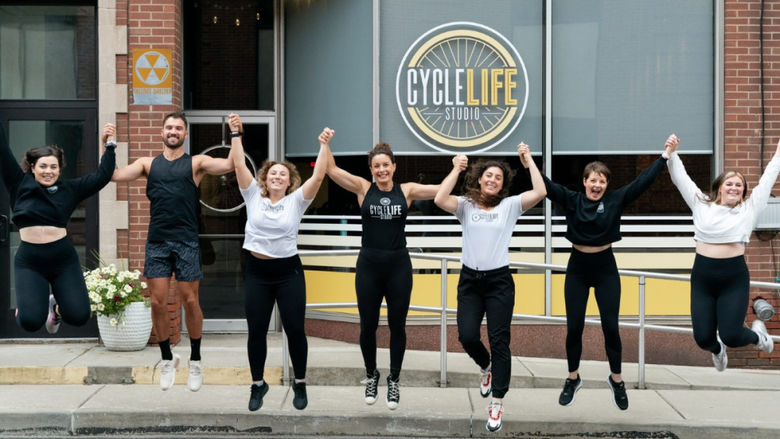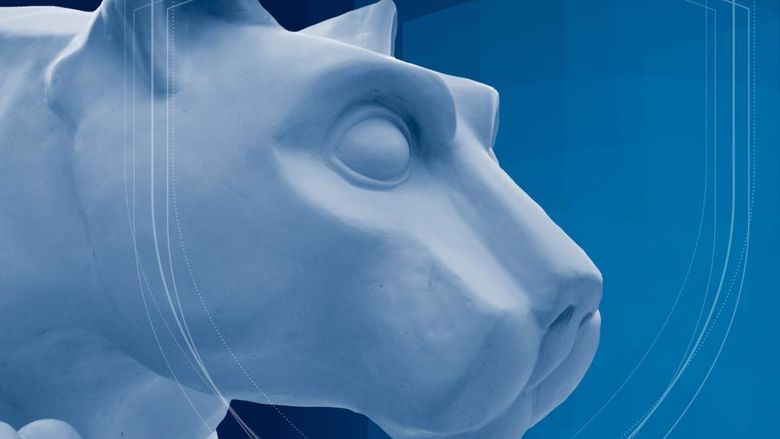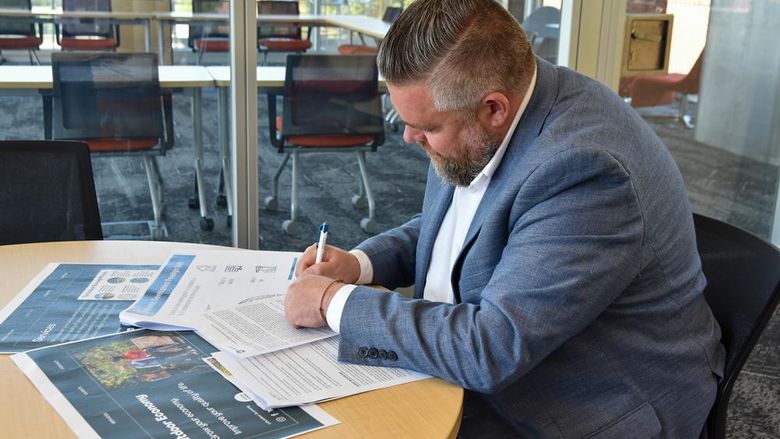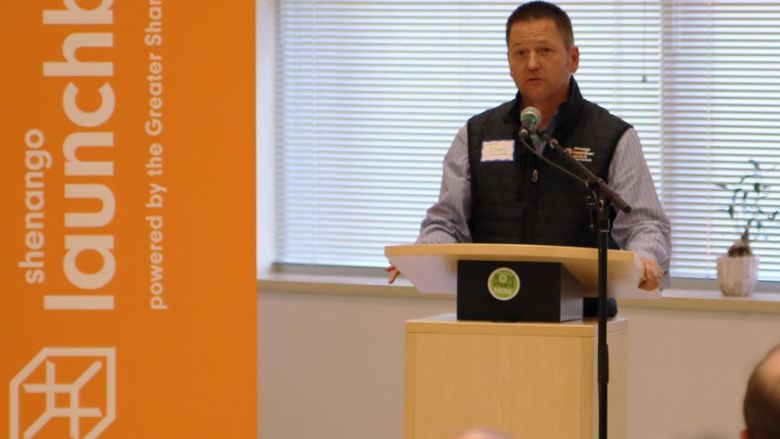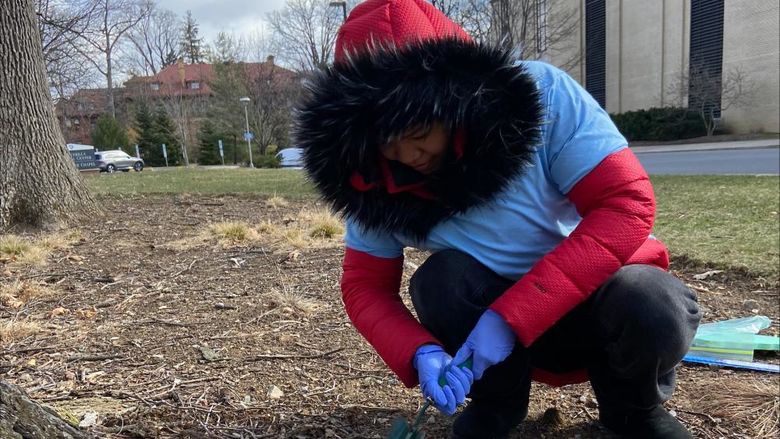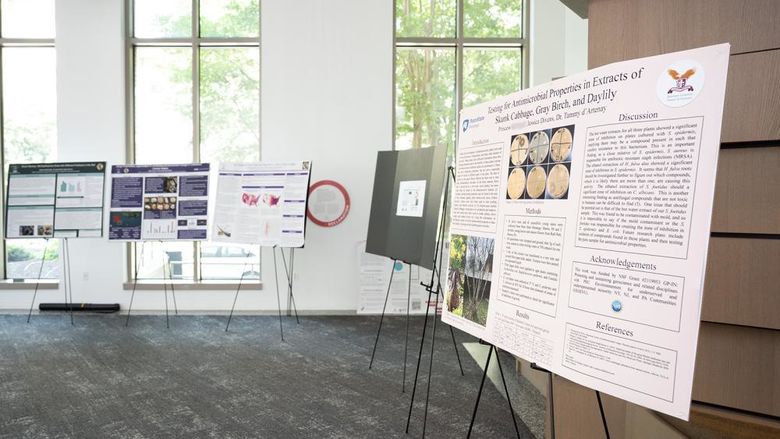
Residents of Pennsylvania rural communities often face different health challenges than those who live in cities. Rural county physicians like Dr. George Garrow see the challenges first-hand. Garrow is the chief medical officer of The Primary Health Network, a federally qualified health center based in Mercer County. Federally qualified health centers are part of a program of the Health Resources and Services Administration. Garrow is also a community representative with Penn State Clinical and Translational Science Institute. The institute values the insights and opinions of community members to guide its mission within Penn State and inform about the needs of our Pennsylvania communities.
Garrow and The Primary Health Network are partners on several projects that involve Penn State College of Medicine, Penn State Shenango and Penn State University Park. The projects are making a difference for the residents of Pennsylvania rural communities.
A full interview with Garrow is available in episode 7 of Penn State Clinical and Translational Science Institute’s Engage Podcast. Each episode aims to help listeners learn about the research process and how Penn State helps improve our neighbors' and communities' health.
What is a challenge you see in our rural communities?
Garrow: Even before the pandemic, healthcare access was becoming increasingly challenging for individuals who live in rural communities. The whole hospital industry has changed, and small-town community hospitals aren't the same as when I was younger. It's not uncommon for folks who live in rural communities to drive long distances to access care. Community Health Centers are very well-positioned to be in those communities to help to serve as best we possibly can by being available.
The Primary Health Network has a charitable foundation arm that supports transportation in many small rural communities. We recognize that limited transportation is a social determinant that impacts a person's health. If you can't get there to where the healthcare is being delivered, that represents a significant barrier. So, we offer transportation services at many of our locations to try to break down those barriers.
How has the pandemic contributed to problems?
Garrow: I think access to testing has been a challenge in rural communities. Early on, I was taught, and I believe that testing should be accessible, available and appropriate. And part of the problem is, is the test available in rural communities? In urban areas, there may be options for testing when you need it, but it's not always so readily available in rural settings.
When an individual is either diagnosed with COVID or is in close contact with someone positive for COVID, quarantining is important to help mitigate the virus's further spread. There are some hurdles and obstacles for individuals to quarantine in urban and rural settings but perhaps more exemplified in rural communities because they may not have the ability to access food. We worry when we ask someone to quarantine, "Are you warm? Are you safe? Can you connect with individuals?"
How are you working with Penn State Shenango?
Garrow: We have a very tight close working relationship with Penn State Shenango. We help with education and training of the students that are there. We're doing several projects together. One of the most exciting initiatives that we're doing with them is an outreach to the Amish community. Here in Mercer County and the counties surrounding where I live, we have a relatively large Amish community. They have been hit very hard by COVID, not necessarily from an infection standpoint but just limiting access.
We're relying heavily on telehealth and virtual visits. Because of their religious beliefs, they don't have access to technology in the home. One of the really interesting projects that we're working on is how do we get the technology to them to use during their virtual care? And so, we're working with a team at Penn State Shenango to do outreach.
How have you worked with the College of Nursing?
Garrow: We're building on a large grant that we received through the University Park and the College of Nursing looking at geriatric care. Through the relationship with Penn State, the Primary Health Network is now recognized as an age-friendly health system. We take pride in knowing that we're able to provide superior care to the elderly. And demographically, rural communities are on average older than some of our urban locations. We want to foster and grow in our ability to meet older individuals' needs in our community.
What project are you working on with the College of Medicine?
Garrow: We're working with some of the researchers at the College of Medicine to look at ways to bring cancer screening to rural communities. We recognize that access to specialists and referrals for cancer screening is a challenge. And so, working together with the folks at the College of Medicine, we're looking at ways to offer enhanced cancer screening in rural settings, and that's been awesome.
We did some preliminary surveys to see feasibility, and our patients are thrilled. When they realize that they're interacting with Penn State and the College of Medicine, it's almost like they burst with pride, so it's really cool.
About Penn State Clinical and Translational Science Institute
Penn State Clinical and Translational Science Institute provides tools, services and training to make health research more efficient at Penn State. It is an advocate for translational science at the University and is a bridge between basic scientists and clinical researchers. The institute encourages collaboration to discover new treatments, medical procedures and ways to diagnose disease. Learn more at ctsi.psu.edu.
